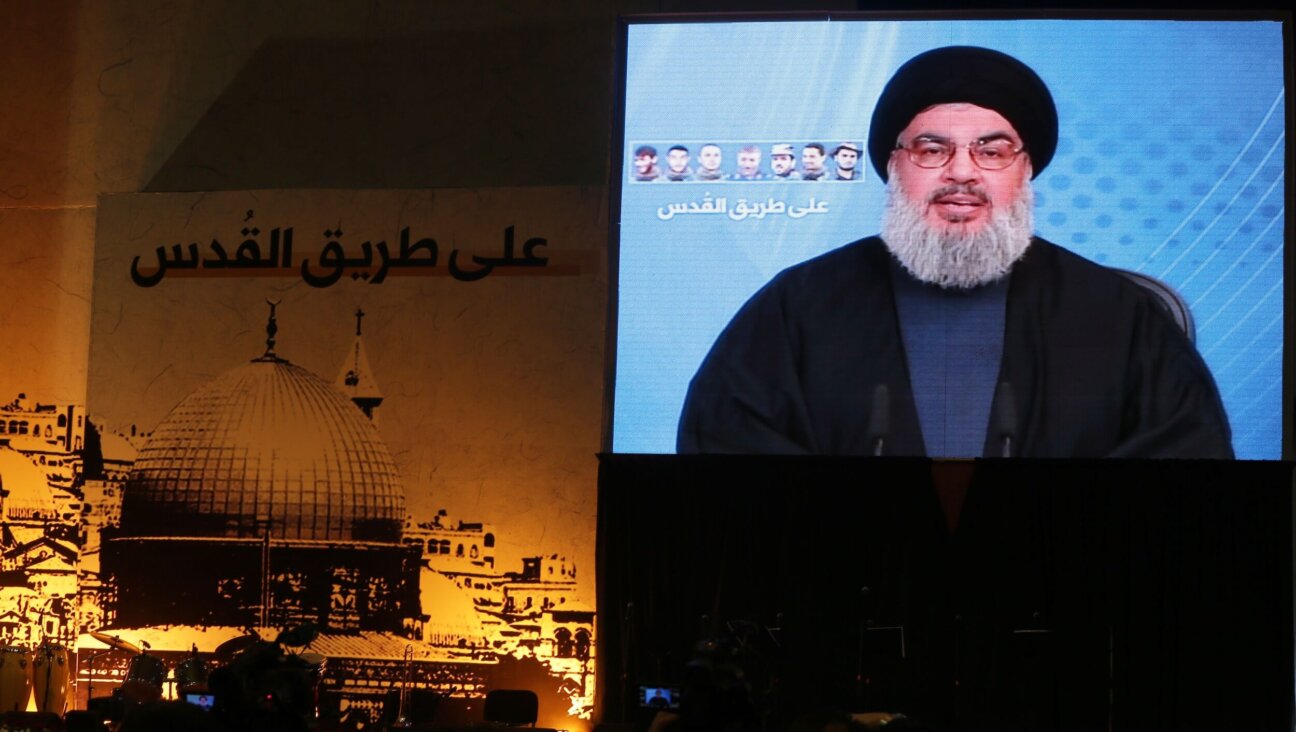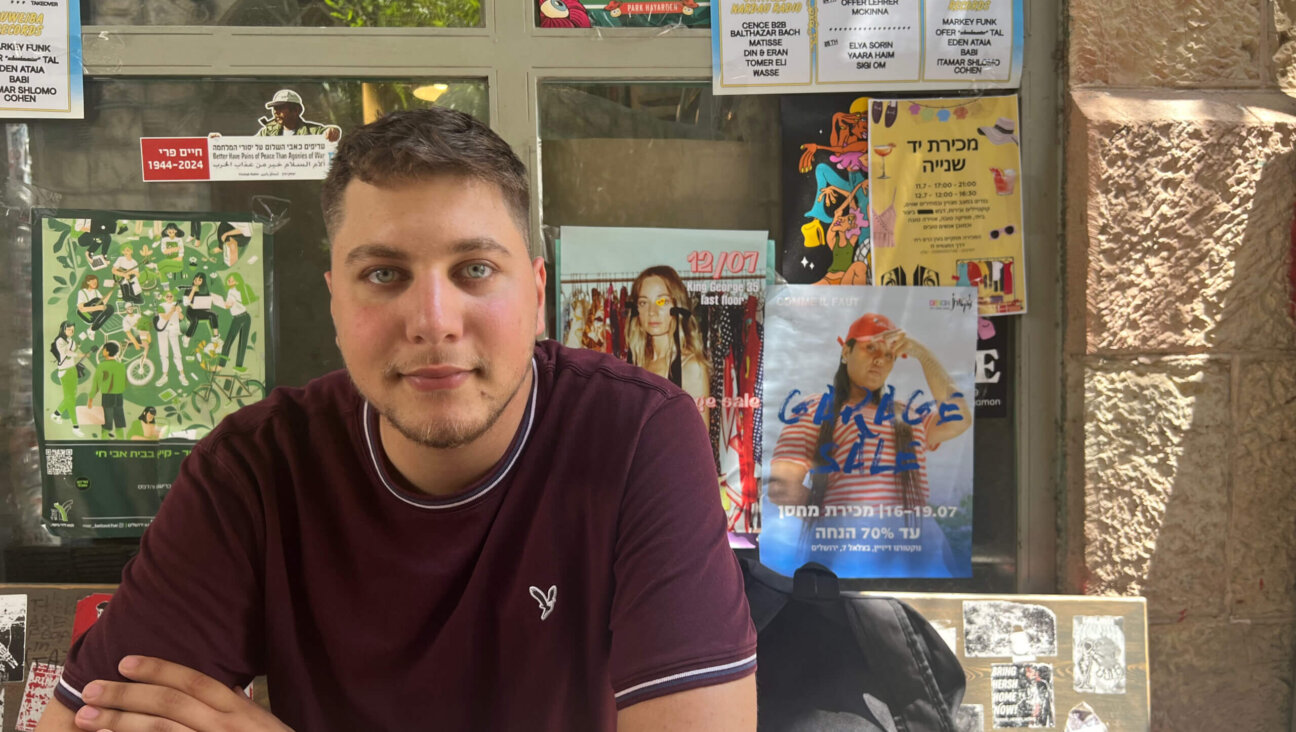Only When Women Speak Up Will Organizations Listen
The controversy surrounding the Jewish People Policy Planning Institute’s recent meeting at Wye Plantation has made clear that women are not coming to the table and telling leaders what the community wants and needs — but it would be a mistake to conclude that we are not involved in community life.
Look around at any communal event and you will see us organizing everything, quietly and competently. We are the ones running the schools and organizing care for the elderly, and we are the ones who are in touch with the members at the grassroots level and who know what is needed for today and for tomorrow. We are the membership, but men usually take the power and the glory.
Despite what some have argued in the wake of the male-only invitation list to the Jewish People Policy Planning Institute’s meeting, the absence of women at the table is not just a question of numbers, but also of attitude. What holds us back from leadership positions is not so much the glass ceiling as our own reluctance to join in the game as it is played in so many communal organizations.
Male hierarchies tend to be aggressive, linear and egotistic. Priorities are usually political and power-orientated, based on amassing money and influence rather than empowering and encouraging others. Most women do not want to fight their way to the top, or to engage in the backstabbing political scramble for election. Of course, there are exceptions. Those women who have succeeded in male environments are often criticized for being more aggressive than the men they have trampled on the way; David Ben-Gurion once described Golda Meir as “the only man in my Cabinet.”
However, the world is changing and moving toward a more “feminine” style of leadership, with CEOs and political leaders recognizing the need to change the way they work. Organizations that are highly bureaucratic and segmented are proving themselves too slow to adapt and too unimaginative to engage with today’s consumers.
Now the secrets of management success are to motivate and encourage others and to win their commitment. This more feminine style of leadership emphasizes participation and teamwork, the sharing of power and information, energizing others and enhancing their self-worth. It is inclusive and empowering.
Women know how to do all these things — it is in our nature and in the way that we nurture our families — and we want to play a part in organizations that are run this way. We prefer to work through consultation and cooperation rather than pushing ourselves forward. Although most women do not have the money to buy power for themselves, we do have the power to influence those around us.
While focusing on how many women are being invited into community leadership think-tanks such as the Jewish People Policy Planning Institute, we also need to think together about the future survival of these community organizations. If they are self-perpetuating closed shops, they are in danger of closing themselves down. There is a clear parallel between the involvement of women and institutions’ declining appeal among young people.
How many Jewish organizations today have an active cadre of people in their 30s and 40s moving forward to become tomorrow’s leaders? Just as women are not being asked for their opinions or appointed to decision-making positions, many talented young Jews are being sidelined, and will not be there to take up the reins eventually relinquished by their esteemed elders.
If they cannot attract young men and young women, these institutions will soon talk themselves into obsolescence. Women bring a fresh and inclusive perspective that is urgently needed by some of these stagnating Jewish organizations.
It is interesting to see that in the communities of Eastern Europe, where new communal structures have been built from the ground upward, many more young women are getting involved and making a difference. In those communities women are being catapulted into leadership positions not through tokenism, but by being encouraged to come forward with their ideas and opinions, and to influence the organizations for which they are working.
A token woman or two is not going to make much difference if she lacks the courage to speak her mind in a noisy committee session — which makes it all the more important for the broader community to support those women who do step into the wider communal arena.
Leah Aharonov is president of the International Council of Jewish Women.























